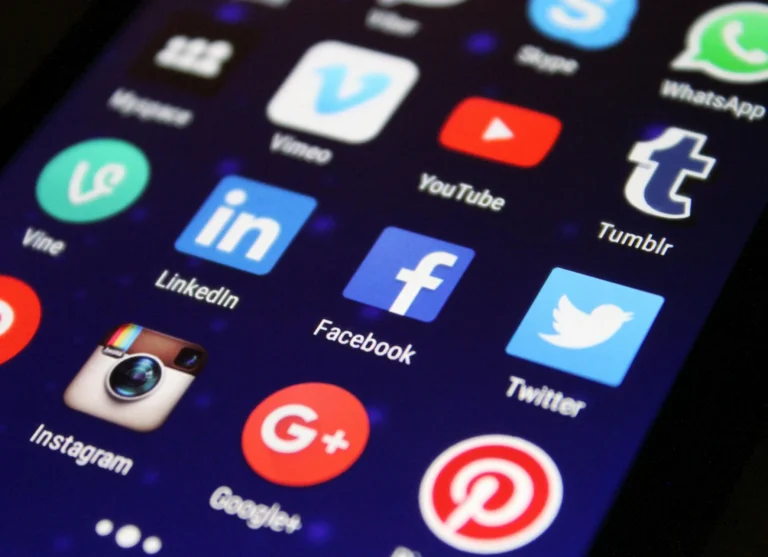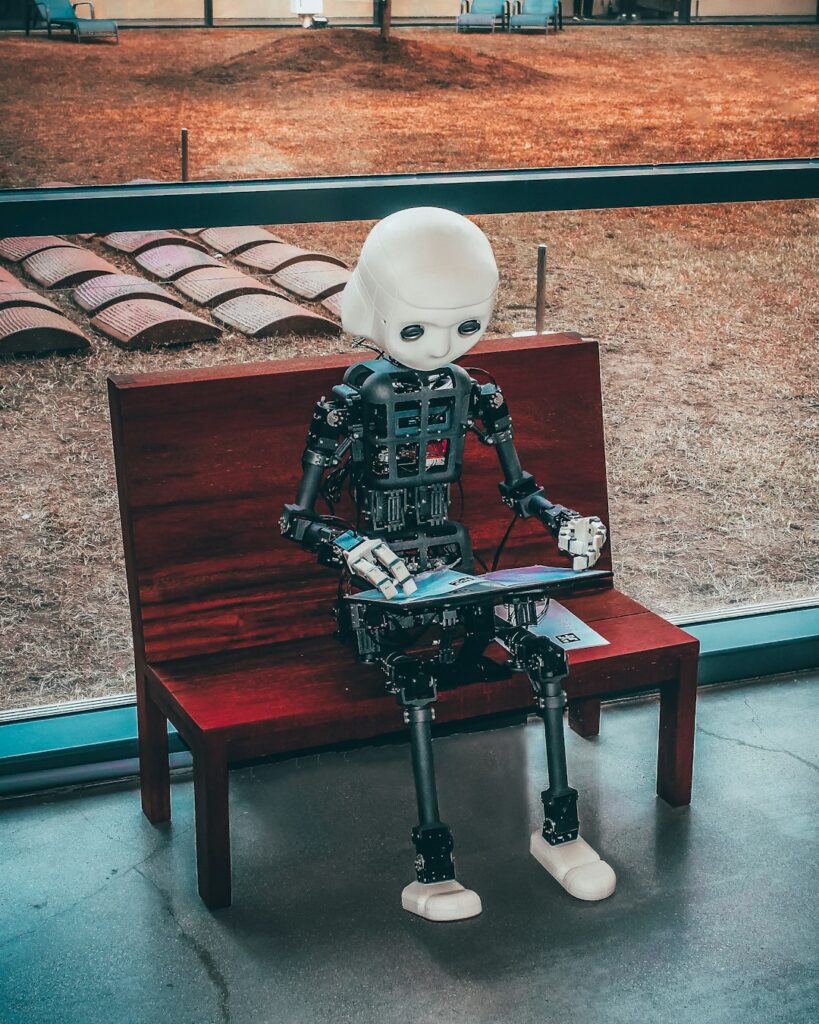What began as a tool for connection, freedom, and information has, in practice, evolved into a digital arena where opinion masquerades as truth, pseudo-experts gain authority, and influence often becomes a tool for deception, exploitation—and in many cases, destruction.
Pseudoknowledge and Death: The Toxic Recipe
With no filter for credibility, thousands of people are making life-or-death decisions based on TikTok “experiences,” YouTube “revelations,” or “medical advice” from influencers.
- Cancer patients abandon treatment for “detox protocols”
- Teenagers follow trends that encourage eating disorders
- People dismiss professional advice in favor of viral hacks
The New Mental Pandemic
The impact isn’t just physical—it runs deep into mental health. Platforms are flooded with self-styled “mentors,” uncertified “psychologists,” “relationship analysts,” fortune tellers, tarot readers, and energy healers.
- Emotionally vulnerable individuals turn to livestreamed pseudotherapy instead of professionals
- Relationships collapse because “an influencer said to leave them now”
- Loneliness becomes a product, and despair turns into content
The Industry of Hope and Fear
Values once considered self-evident—ethics, empathy, responsibility—are now optional. In a world where engagement trumps truth, ethics is no longer a compass but an obstacle—or worse, missing altogether.
Behind the scenes, an industry is thriving. Influence becomes revenue. Desperation becomes target audience.
- Anyone can sell “solutions”
- Platforms reward the shocking over the factual
- No accountability. No oversight. No protection.
Where Does This Lead?
If we stay this course:
- Public health won’t be threatened by viruses, but by memes
- Mental illness will be fueled by viral content
- A generation will trust algorithms more than science—or themselves
What Can We Do?
- Introduce digital literacy in schools
- Hold platforms and creators accountable for their content
- Strengthen credible sources in science, mental health, and public education
Because lives are not content. And what trends online should never replace human judgment.


